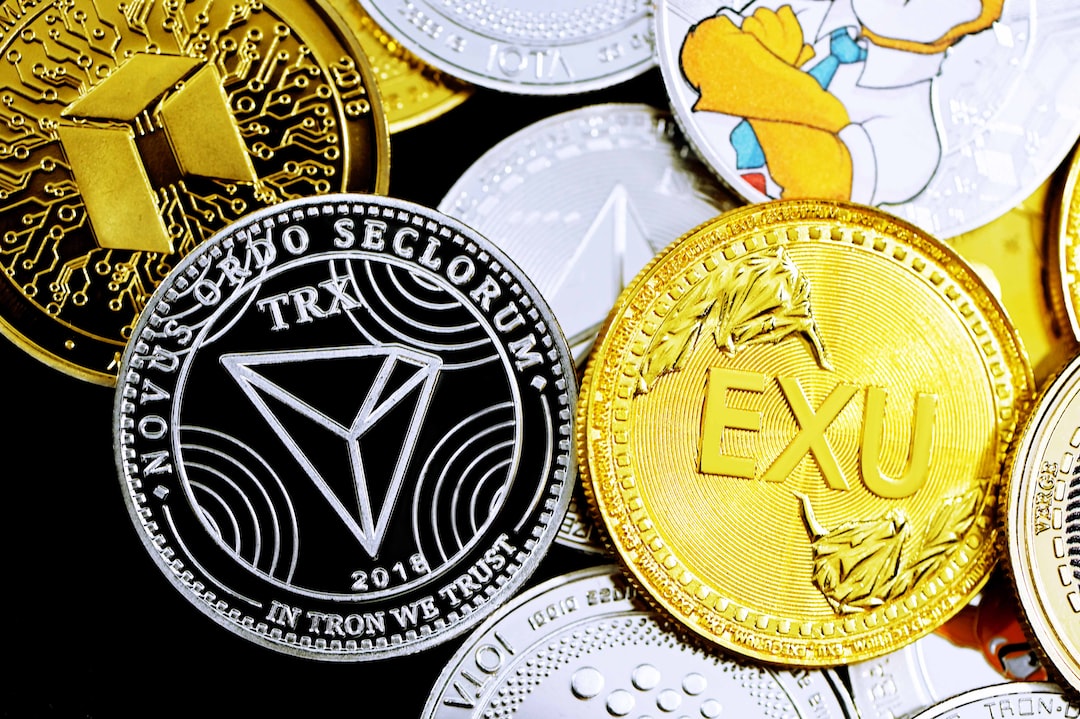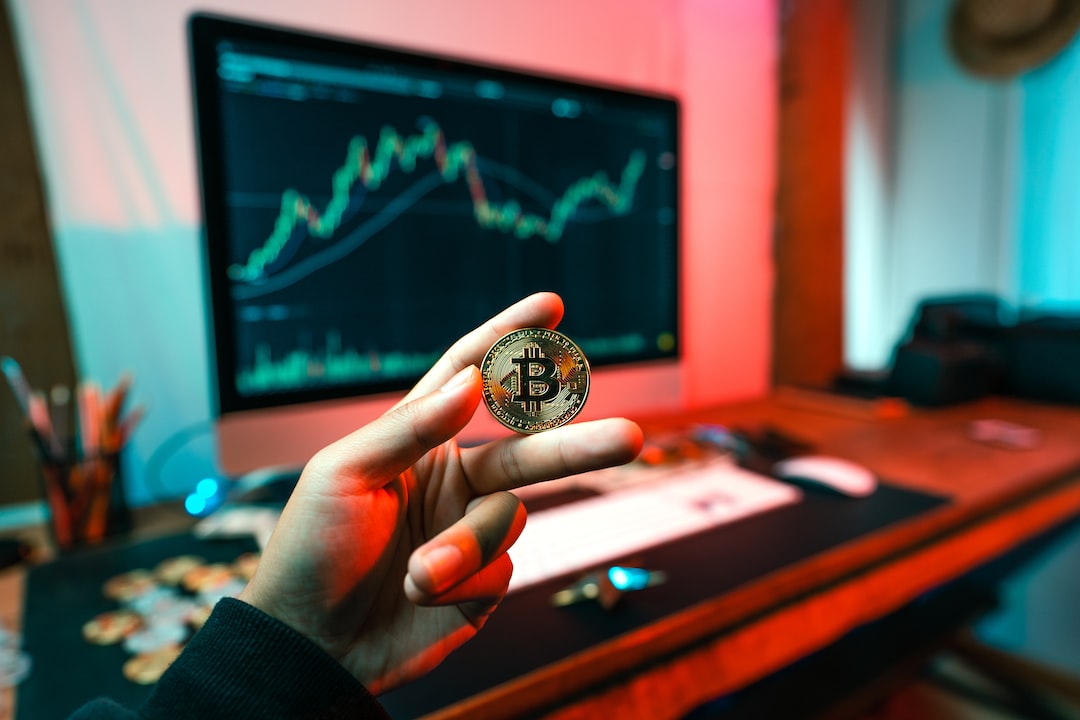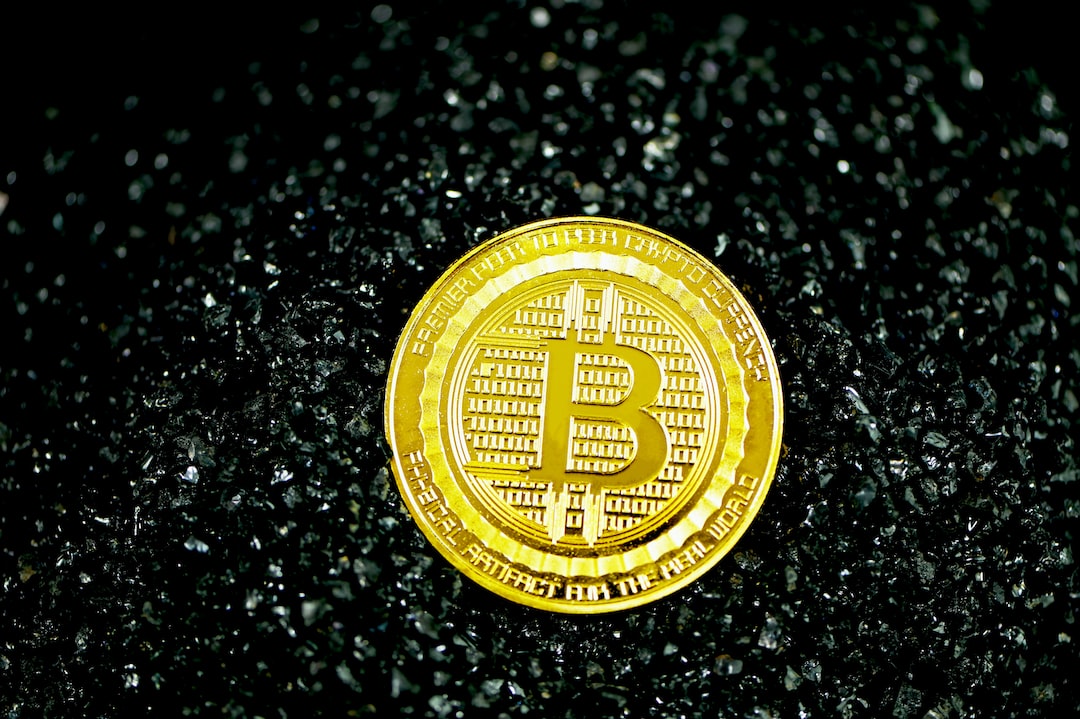Mobile Apps of Major Cryptocurrency Exchanges Removed from Apple App Store in India
The mobile applications of top cryptocurrency exchanges, such as Binance, Kraken, Mexc, and Kucoin, have disappeared from Apple’s App Store in India. This comes after these exchanges were accused of operating illegally in the country and received show-cause notices from the Financial Intelligence Unit (FIU) for non-compliance with anti-money laundering rules.
The FIU requested the Indian IT Ministry to block the websites of these exchanges within the country. However, Bitstamp, another flagged exchange, remains available on the App Store in India.
While the apps have been removed from Apple’s store, they are still accessible on Google Play Store in India and their websites are accessible within the country. This situation highlights the ongoing regulatory scrutiny faced by cryptocurrency platforms in India.
Indian Traders Opt for Global Crypto Platforms
Indian traders are increasingly turning to global cryptocurrency platforms to navigate tax implications imposed by the Indian government. Taxes on virtual currencies introduced last year include a 30% tax on gains and a 1% deduction on each cryptocurrency transaction.
While domestic exchanges have strict KYC verifications, many global platforms do not have the same level of scrutiny. CoinDCX, however, has denied fraud allegations and set aside $1 million to assist with asset transfers to build trust among investors.
This shift is evident in the trading landscape as WazirX experienced a significant decline in trading volume due to traders migrating to global applications. Indian traders are exploring alternatives beyond domestic exchanges due to evolving tax regulations and a desire for more user-friendly platforms.
Hot Take: Regulatory Challenges Impact Cryptocurrency Exchanges in India
The removal of major cryptocurrency exchange apps from Apple’s App Store in India is a significant blow to the industry in the country. It reflects the ongoing regulatory challenges faced by cryptocurrency platforms, as they are scrutinized for compliance with anti-money laundering rules.
Indian traders, seeking to navigate tax implications, are turning to global platforms that offer more flexibility and user-friendly experiences. This shift poses a threat to domestic exchanges, leading to declining trading volumes. To regain trust and attract investors, exchanges like CoinDCX are taking steps to address concerns and ensure secure asset transfers.
The regulatory landscape in India continues to evolve, and it remains to be seen how cryptocurrency exchanges will adapt and thrive in this challenging environment.





 By
By
 By
By
 By
By

 By
By
 By
By